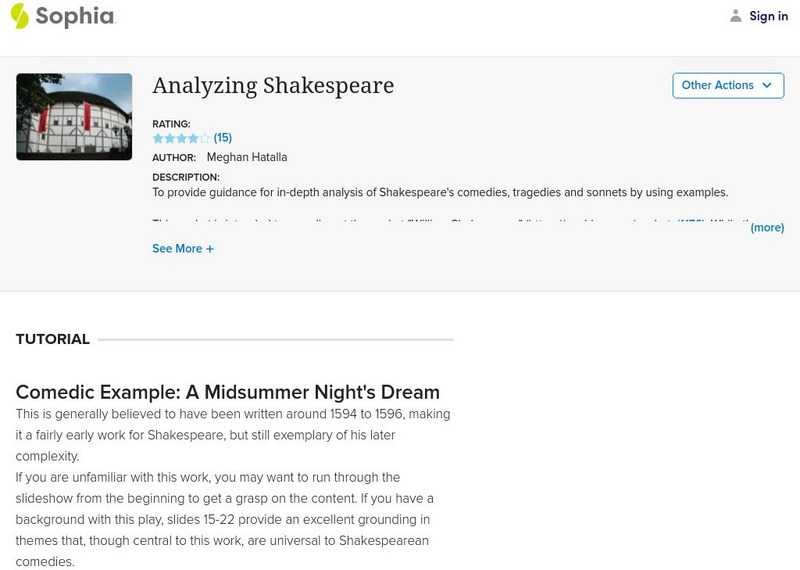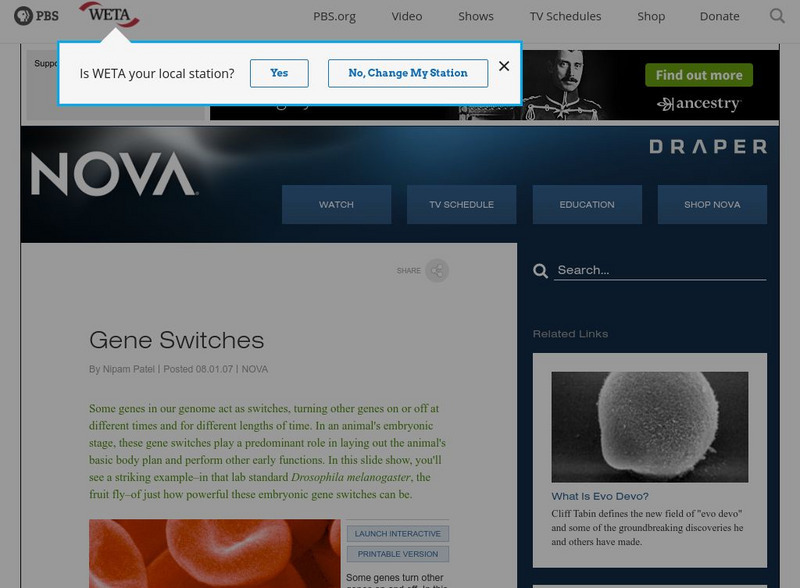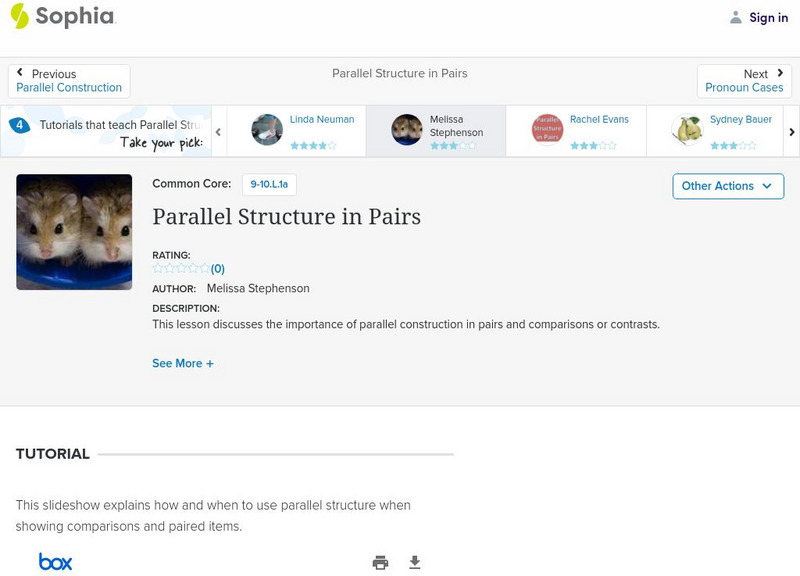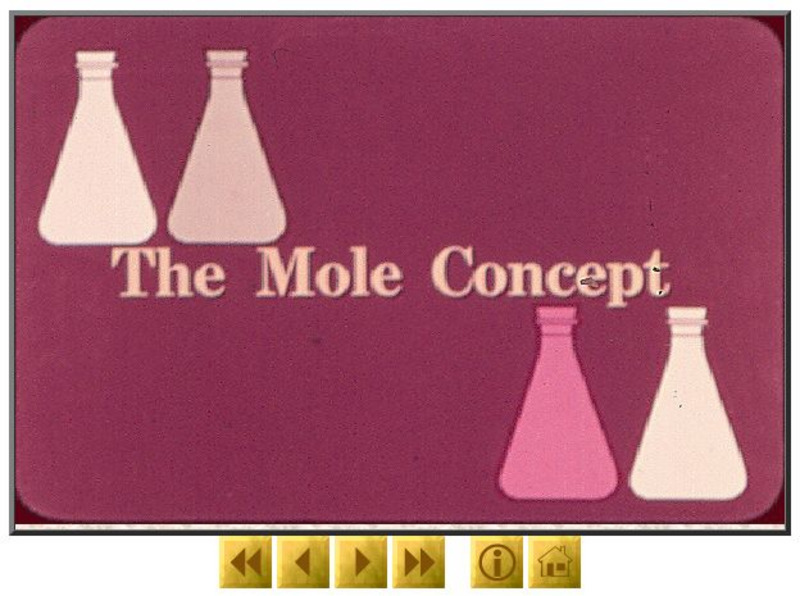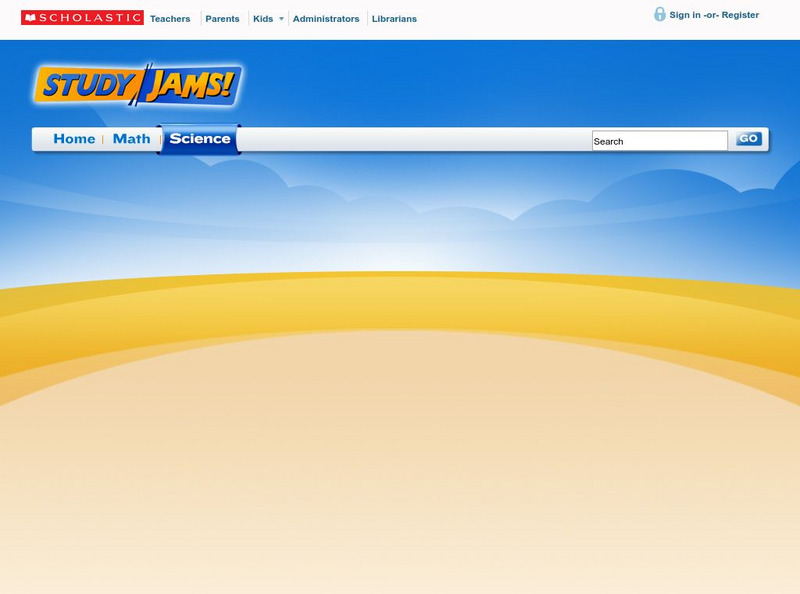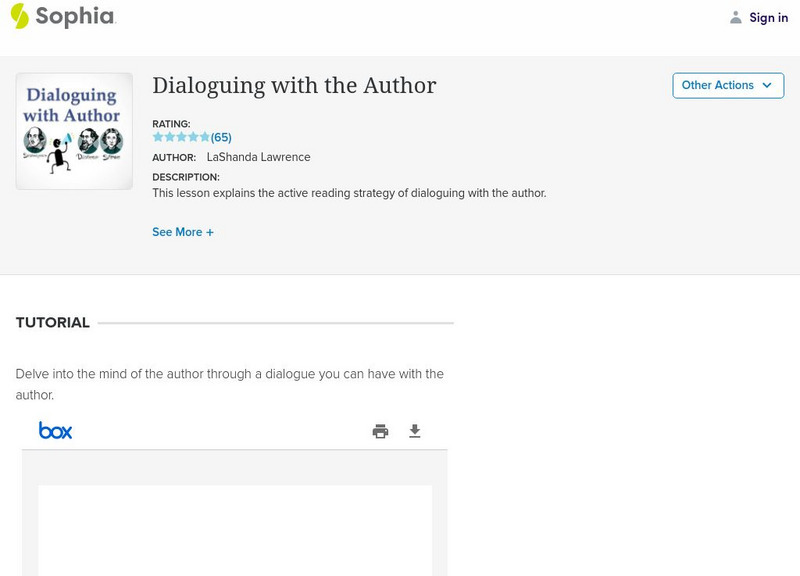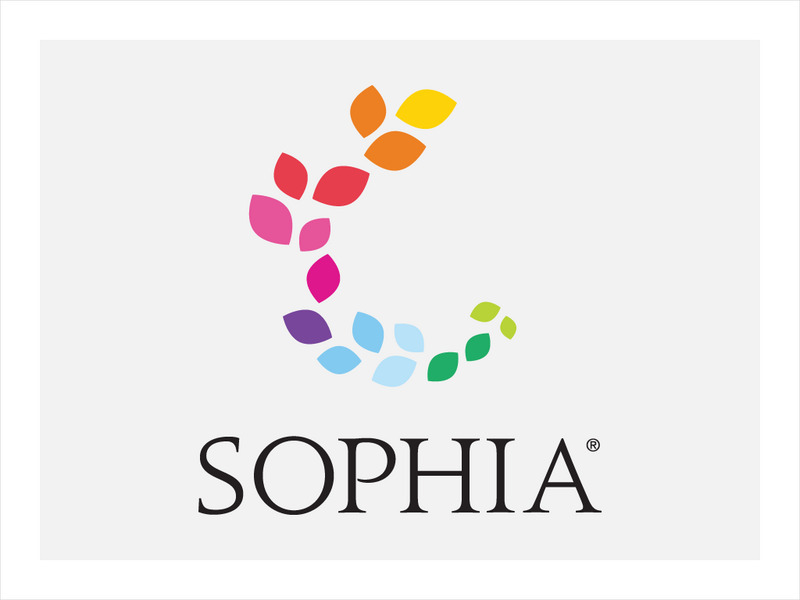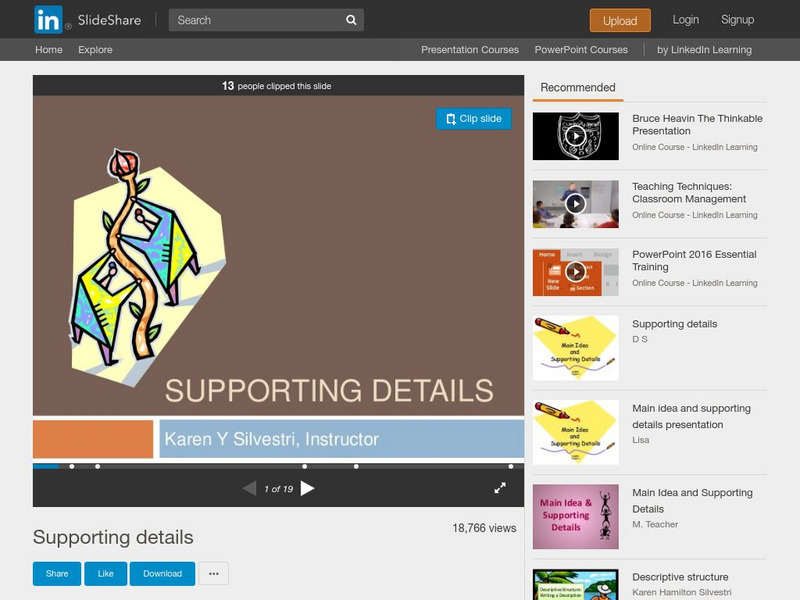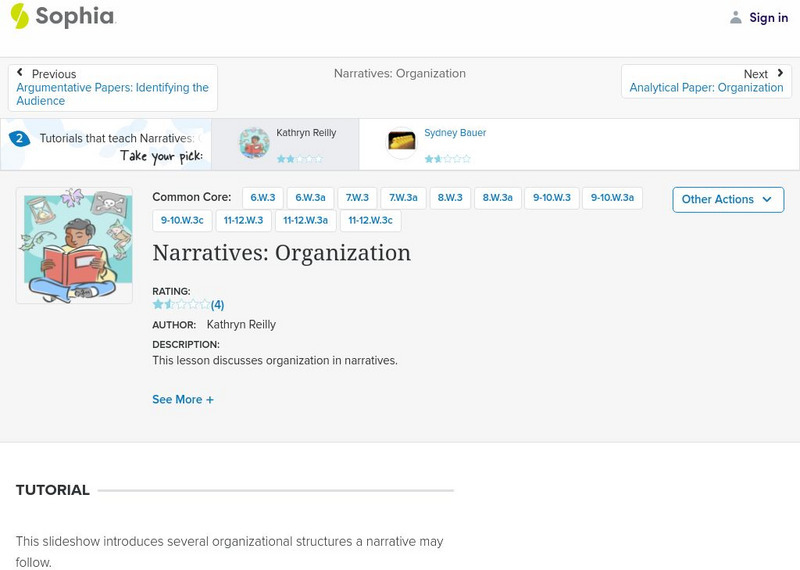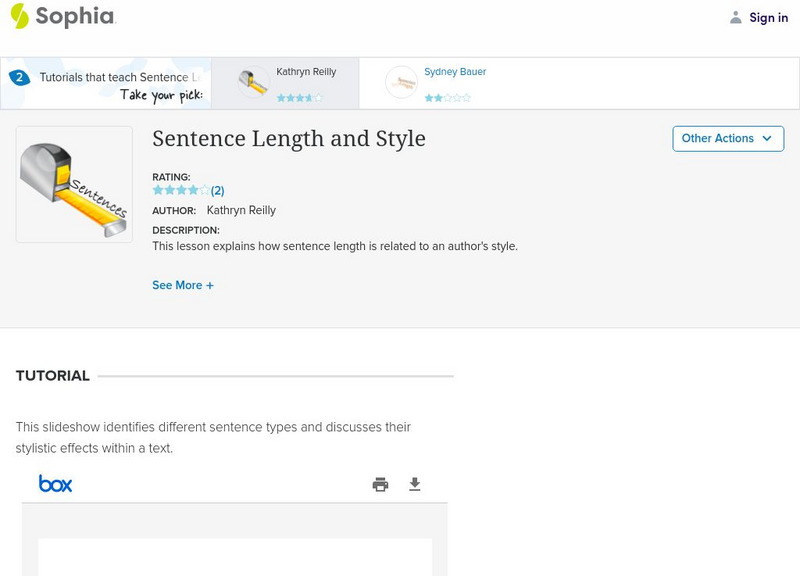Sophia Learning
Sophia: Allegory
This slideshow focuses on allegory by defining characteristics and providing examples.
Sophia Learning
Sophia: Analyzing Shakespeare
Learn to analyze Shakespearean comedies, tragedies, and sonnets. First use examples provided in a slideshow of A Midsummer Night's Dream to understand the process and topics included in an analysis of a comedy. Then learn to use three...
Sophia Learning
Sophia: Analyzing the Author
A slideshow with ten slides that discusses the difference between a subject and a theme and gives several examples of each found within a variety of popular classical and modern texts.
Sophia Learning
Sophia: Answering Based on Context
In this slideshow tutorial lesson, students will review how to answer questions based on context clues. Definitions and short examples are provided related to how to find context clues and then apply the textual evidence to reading...
Sophia Learning
Sophia: Apostrophes: Tutorial
In this slideshow tutorial, the punctuation topic of "the apostrophe" is reviewed. Each slide provides a different purpose for using an apostrophe.
Sophia Learning
Sophia: Apostrophes and Contractions
This slideshow lesson focuses on apostrophes and contractions; it defines contractions and shows how contractions are formed using apostrophes for the missing letters. It provides a contraction chart including the contraction, its...
PBS
Pbs Nova: Gene Switches
Colorful, easy-to-understand slideshow on gene switches. These embryonic gene switches play a powerful, predominant role in the animal's basic body plan and other early functions. 8/1/2007
Sophia Learning
Sophia: Parallel Structure in Pairs
This lesson discusses the importance of parallel construction in pairs and comparisons or contrasts. This tutorial lesson shares a short slideshow with the lesson's content.
Upper Canada District School Board
Tom Stretton's Chemistry Pages: The Mole Concept
Learn about the chemistry of moles through this slideshow.
Sophia Learning
Sophia: Common Themes
This slideshow tutorial focuses on theme. It defines the term and then explains each of 10 common themes in literature and provides examples: good vs. evil, the journey, coming of age, the role of fate, sacrifice, overcoming adversity,...
Annenberg Foundation
Annenberg Learner: Journey North: Judy Brophy: The Sun's Daily Cycle
Impressive animated slideshow presentation on the sun's daily cycle and how the sunlight changes hour by hour over the course of a day. Includes a teacher guide with lesson plan ideas and activities.
Scholastic
Scholastic: Study Jams! Science: Energy, Light and Sound: Magnetism
A slideshow and a short multiple-choice quiz on the basic concepts and vocabulary of magnetism.
Sophia Learning
Sophia: Dialoguing With the Author: Tutorial
In this slideshow tutorial, students will review the reading strategy of questioning the author, also referred to as "dialoguing" with the author. The "dialoguing with author" strategy is explained, and examples of how to use the...
Sophia Learning
Sophia: The Impact of Rhetorical Devices
This slideshow focuses on the impact of rhetorical devices and how they impact text. It explains eight common rhetorical devices: anaphora, asyndeton, chiasmus, direct address, hyperbaton, parallelism, polysyndeton, and rhetorical...
Sophia Learning
Sophia: Supporting Details Explained
This slideshow focuses on supporting details; it discusses their purpose, the audience, and the point to be made. It lists the five most common types of supporting details: facts, statistics, opinions, examples, and personal observations...
Tom Richey
Slide Share: Supporting Details
This slideshow focuses on adding details to a paragraph. It covers ways to add details, primary and secondary support points, a flow chart organizer, moving from the topic sentence to a final essay, and strategies for generating and...
Tom Richey
Slide Share: Author's Purpose and Point of View
This downloadable slideshow focuses on how an author's purpose and point of view work together in fiction and nonfiction, and how to identify the point of view.
Sophia Learning
Sophia: Narratives: Organization
This slideshow lesson focuses on organizational structures for narratives including a review of narratives and a list of possible organizational structure types: chronological or sequential order, climactic order, in media, and...
Sophia Learning
Sophia: Audience and Writing Style
This slideshow tutorial focuses on adjusting writing style to fit the audience. It looks at audience characteristics and discusses how to adapt the vocabulary, sentence style, and tone to fit them. It provides an example using the topic...
Sophia Learning
Sophia: Sentence Length and Style
This slideshow lesson focuses on sentence length and style; it lists four types of sentences: fragments, short sentences, long sentences, and run-ons. It explains the effect that is achieved by using each of these sentence types for...
Sophia Learning
Sophia: Summary and Paraphrase: Tutorial
In this slideshow tutorial, students are provided with notes that distinguish "summarizing" from "paraphrasing" content. Examples of effective summaries and paraphrases of text are provided. Then students have the opportunity to engage...
Online Writing Lab at Purdue University
Purdue University Owl: Writing Lab: Orientation for Esl Writers
Slideshow presentation introduces ESL writers to how a writing lab works.
Other
Induction To: Human Resources Outsourcing
Provides a slideshow on the pros and cons of outsourcing labor.
CPALMS
Cpalms: Inherited and Learned Behaviors
View this slideshow containing vibrant pictures, examples, and easy to understand text to learn the difference between inherited and acquired traits.
Other popular searches
- Digital Slideshow
- Creating a Slideshow
- Animal Slideshow
- Slideshow Presentation
- Cyber Bullying Slideshow
- Slideshow of Steps
- Directional Words Slideshow
- Computers. Slideshow
- Computer Slideshow
- Computers Slideshow
- Creating Slideshow
- Hawaiian Slideshow



